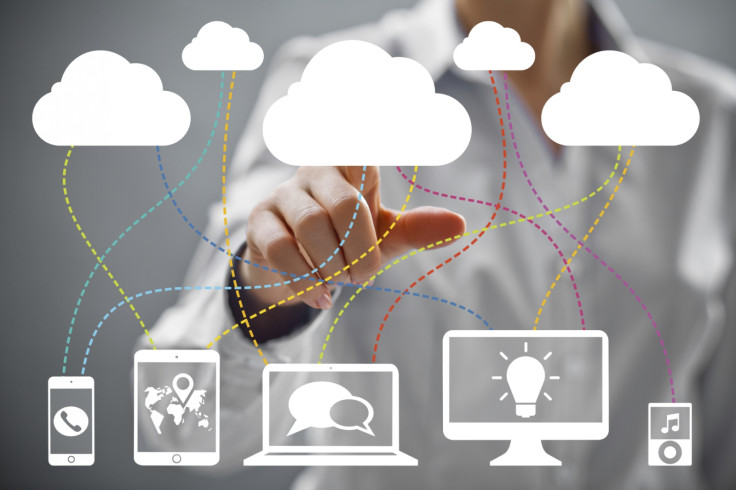GE building its own cloud to manage Internet of Things devices and analytics, but is it safe?

General Electric (GE) has announced that it is building its own customised cloud service platform in order to specifically help run Internet of Things (IoT) devices used by the industrial sector.
IoT refers to smart devices that wirelessly send information back to a computer server or smartphone app to help people make better decisions, keep tabs on machines to prevent problems and better use their resources.
Gartner estimates that there are currently 1.1 billion connected devices being used to create smart cities around the world, and this figure will rise dramatically to 9.7 billion by 2020.
GE's Predix Cloud will aim to process industrial machine data and analytics to enable companies in a wide range of industries to work more efficiently, which could potentially create new business opportunities.
Smart devices can range from your smart watch, smart fridge or smart thermostat, to sensors in public infrastructure in a city monitoring traffic and peak parking space occupancy, or medical sensors in healthcare.
Internet of Things could transform all industries
For example, your smart fridge could send the milkman an alert when you are running low on milk, and he would know to deliver it; your car could tell you when it needs a service; or a hospital could be alerted that a patient needs a refill of medication or needs to be seen urgently.
The concept of using IoT devices to monitor machines and devices in many different fields is known as the "industrial internet", and it goes much further than running cities or homes more efficiently.
Embedded smart devices would make it possible to track planes far more accurately and reduce flight delays and fuel costs by switching routes to avoid bad weather.
Oil companies are also interested in the technology as it would make it possible to track and improve oil drilling performance and reduce operational costs.
"Cloud computing has enabled incredible innovation across the consumer world. With Predix Cloud, GE is providing a new level of service and results across the industrial world," said GE CEO Jeffrey Immelt.
"A more digital hospital means better, faster healthcare. A more digital manufacturing plant means more products are made faster. A more digital oil company means better asset management and more productivity at every well. We look forward to partnering with our customers to develop customised solutions that will help transform their business."
But what about hacking?
While IoT devices stand to make a big impact in our daily lives and potentially multiple industries, there is a key concern that the more digitised and monitored our lives become, the more open they are to being hacked.
On 31 July, the US Food and Drug Administration (FDA), which governs the release of new medical devices and drugs, issued an alert about security vulnerabilities discovered in a smart medical pump used to deliver drugs to patients that could easily be hacked to remotely change the dosage being administered to a patient.
The device manufacturer Hospira has stopped making the product and both it and the FDA have said that they are not aware that the pump has ever been exploited in a healthcare situation so far, but they don't want to take the chance and hospitals are advised to stop using the product.
In May, security firm TrapX Labs found that x-ray scanners could easily be hacked and used to gain access to other parts of a hospital's network.
Similarly, if GE's cloud is used by a wide number of industries to monitor and control city lights, electricity, factories, oil refineries and healthcare for example, just imagine what havoc a hacker could wreak by attacking the cloud.
Not a lot of details are currently available, but GE has said that its cloud will be protected using software defined networking (SDN).
SDN is able to isolate different parts of an application, so no part of the application can be accessed by another part of the application, but if you allow customers to upload their applications to your servers, there is still a security risk.
© Copyright IBTimes 2024. All rights reserved.






